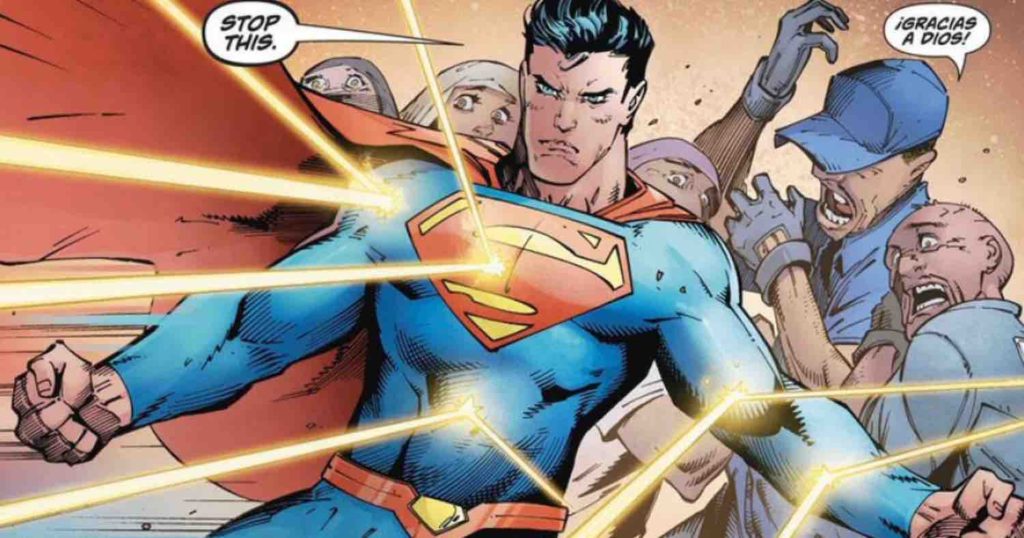
In Waiting for Superman, a documentary about the broken state of the American education system, Geoffrey Canada, an American educator, social activist and author said, “One of the saddest days of my life was when my mother told me Superman did not exist…I was like what do you mean he’s not real. And she thought I was crying because it’s like Santa Claus is not real and I was crying because there was no one coming with enough power to save us.” In this quote, Canada is referring to the realization he had as a child, that no one was going to save him. And ultimately that the status quo would remain the same and schools would continue to fail him.
Geoffrey Canada grew up to found Harlem Children’s Zone (HCZ), a non-profit organization for poverty-stricken children and families living in Harlem. It provides free support in the form of parenting workshops, a preschool program, three charter schools, and child-oriented health programs for thousands of children and families. Despite no longer being CEO, he continues to serve as President of the HCZ and Promise Academy Boards. Canada became Superman for other children like him.
This serves to show that the history of American comics is as integral to the history of mass communication as the newspaper.
Comics have a long history of being political and from their inception, they have served as a way to easily communicate messages to the masses, especially to those who could not read. The first newspaper comic strip was published in the United States, was Richard Felton Outcault’s “The Yellow Kid” and appeared in Hearst New York American,
By the 1910s Sunday comics were so popular that newspapers would occasionally publish books containing reprints of past strips. However, after the depression, the popularity of newspaper cartoons expanded into a major industry. Many historians argue that the launch of Superman in 1938 is the start of the Golden Age of comics.
Through the Golden Age, book sales could top into a million copies. For some context, the best selling comic today will reach about 100,000. Many of the heroes featured donned red, white and blue representing the US while fighting the great evils of the world, which at that time was the Axis Powers of Germany, Italy, and Japan.
The reason early comics so heavily focused on fighting the Axis powers was because most creators in the comic book industry were Jewish. Including Jack Kirby, who in 1941 entered the scene with Captain America #1. This marked the debut of the character, and Kirby drew Steve Rogers punching Hitler. In an interview about the 1954 Senate Subcommittee Hearings on Juvenile Delinquency Kirby said, “The only real politics I knew was that if a guy liked Hitler, I’d beat the stuffing out of him and that would be it.”
But what it is it about Superman, Captain America, or any other character that made young readers run to stands?
It is impossible for good art not to reflect the society around it. Debatably, the most influential and known character in comic book history was created by two Jewish men at the height of Hitler’s takeover in Europe with the world on the brink of war. Superman is a reflection of All-American, apple pie nostalgia.
But Superman isn’t real and he isn’t going to save us, but his message can.
Comics, like any other artistic medium, serve as a blank slate for human experiences to be told. In All Star Superman from Grant Morrison and Frank Quitely, Superman speaks to a young girl on the brink of suicide. He convinces her it will be alright, there is another way and no matter what she is loved.
I don’t have super-strength, flight or the ability to shoot heat rays out of my eyes, but I do have the ability to love. I have the ability to stand for love in every circumstance. Much like Canada, we should take the example Superman has set through his long history in comics and live by his message of love, forgiveness, and acceptance for all. Speak up for the oppressed, attend a rally, and call your representatives. Do whatever Superman would do with the power that you have.
Superman might not be coming but we should still strive to make him proud.







